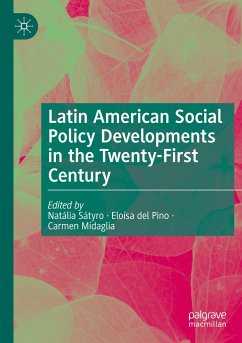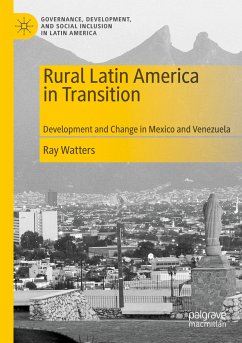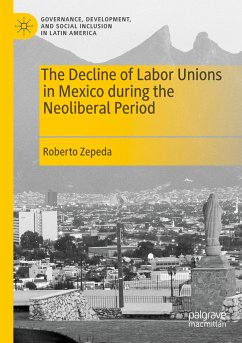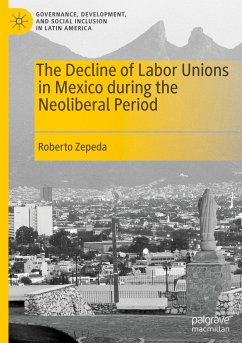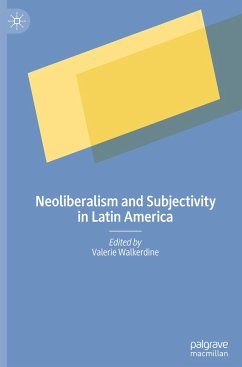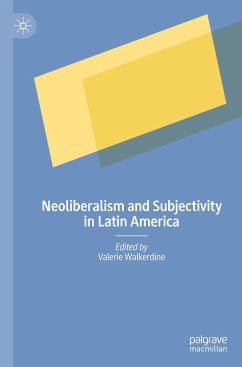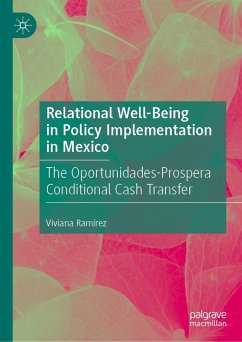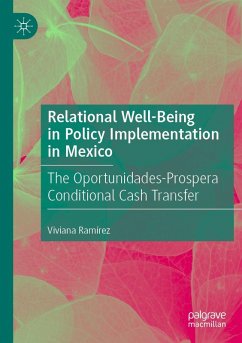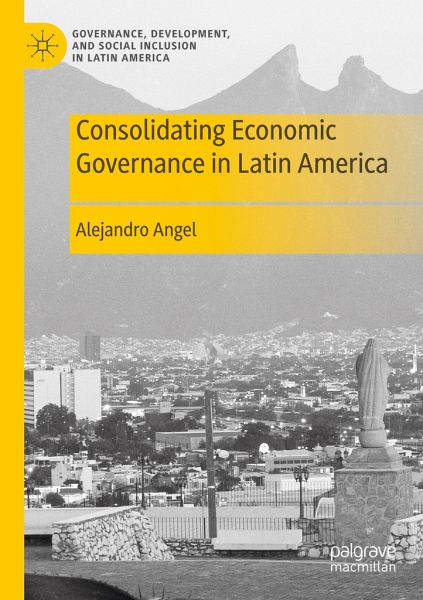
Consolidating Economic Governance in Latin America
Versandkostenfrei!
Versandfertig in 6-10 Tagen
91,99 €
inkl. MwSt.
Weitere Ausgaben:

PAYBACK Punkte
46 °P sammeln!
This book explains how Latin American countries consolidate economic governance after serious disruptions to their formal and informal policy making routines. It asserts that the process of institutional change that started as a result of such disruptions resulted in complementary institutions, which supported a new consolidated pattern of economic governance. In addition, this work also offers a robust theoretical underpinning to economic governance, independent from performance. Performance figures prominently as a criterion to assess economic governance; however, crises are becoming more fr...
This book explains how Latin American countries consolidate economic governance after serious disruptions to their formal and informal policy making routines. It asserts that the process of institutional change that started as a result of such disruptions resulted in complementary institutions, which supported a new consolidated pattern of economic governance. In addition, this work also offers a robust theoretical underpinning to economic governance, independent from performance. Performance figures prominently as a criterion to assess economic governance; however, crises are becoming more frequent and performance does not entirely depend on governments' actions. This book argues that governance in the economic arena depends on the ability and feasibility of limiting the discretion of vested interests over economic policies insofar as these interests can shift the costs of their actions so the rest of the society bears them.



